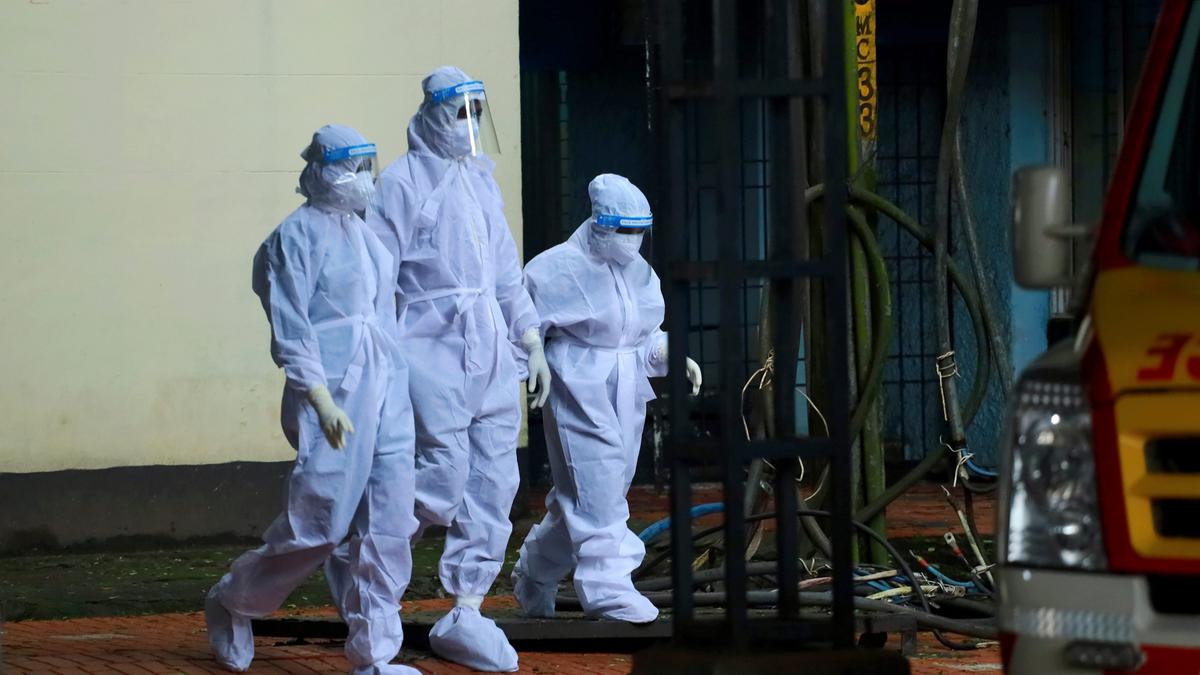
New method to generate virus-like particles, to help with developing antibodies against Nipah
The Hindu
Institute of Advanced Virology develops safe Nipah virus-like particles for antibody studies in BSL-2 labs.
Scientists at the Institute of Advanced Virology (IAV), Thonnakkal, Thiruvananthapuram, have developed a novel way of generating non-infectious Nipah virus-like particles (VLPs) in the laboratory, which mimic the wild type Nipah virus (NiV).
Also Read: Why Nipah virus outbreaks are occurring only in Kerala
This new method offers an alternate, safe and effective platform for developing neutralising antibodies against NiV in a bio safety level-2 (BSL) laboratory. The IAV team has thus come one step closer to its mandate for developing monoclonal antibodies and anti-virals against NiV and similar pathogens.
The zoonotic virus Nipah is a highly pathogenic paramyxovirus, with a fatality rate of up to 80% in affected humans. Yet, research studies, especially virus neutralisation assays to develop specific antivirals or therapeutics against NiV, have been limited because of the extreme level of biosafety precautions required for handling this BSL-4 pathogen.
Virus neutralisation assays are critical for the development and evaluation of vaccines and immunotherapeutics, as well as for conducting basic research into the immune response and pathogenesis of NiV. These tests, which traditionally require to be done in high security labs with the infectious organism, can now be done safely in BSL-2 labs in the country using the NiV-VLPs, Director of IAV E. Sreekumar says.
The laboratory studies by the team of researchers led by Mohanan Valiyaveetil in the Department of General Virology at IAV have been detailed in the manuscript,” Highly sensitive and quantitative HiBiT-tagged Nipah virus-like particles: A platform for rapid antibody neutralisation studies,” which appeared on May 24, 2024 in the international journal Heliyon by Cell Press.
Virus-like particles (VLPs) are molecules that closely resemble viruses, but are non-infectious because they contain no viral genetic material.













